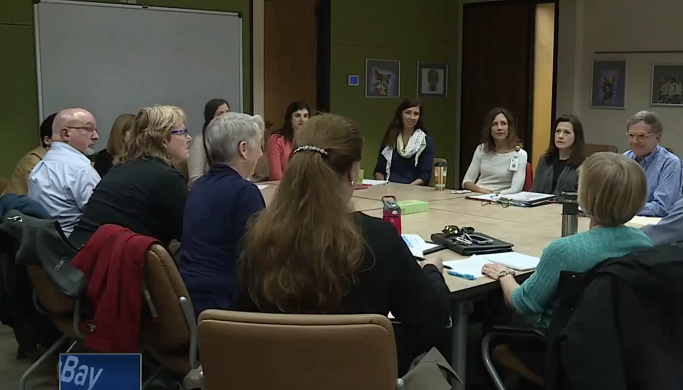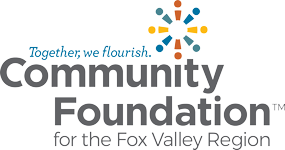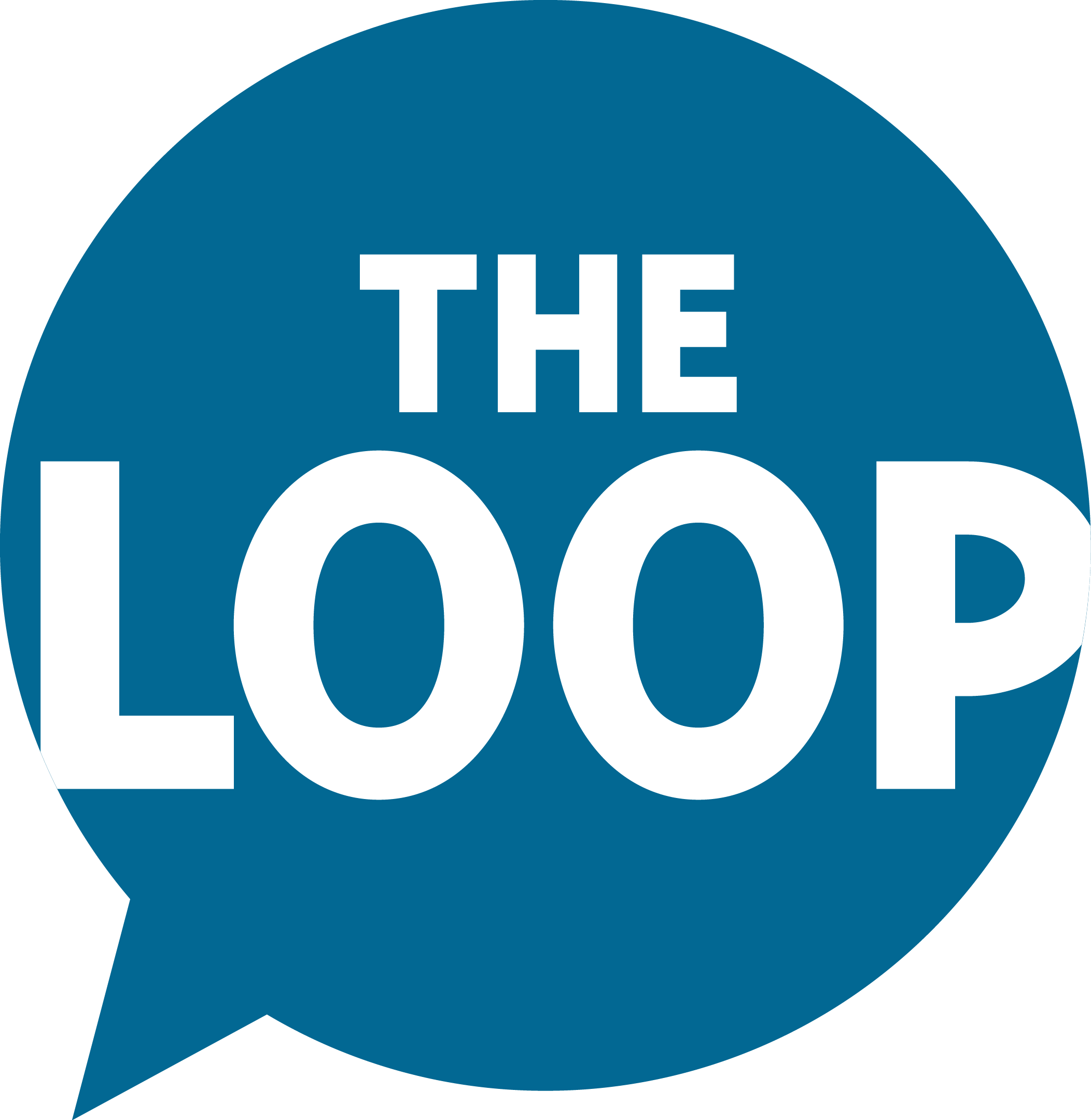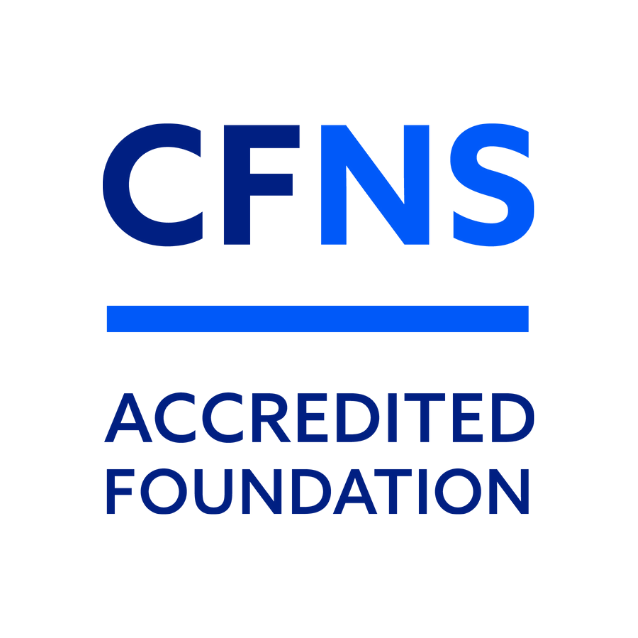Grant to Launch New Brain Injury Support Program in 2020
SOAR Fox Cities has announced it will launch a Traumatic Brain Injury Support Program next year, thanks to a $295,491 grant over three years from the Basic Needs Giving Partnership within the Community Foundation supported by the U.S. Venture Fund for Basic Needs, the J.J. Keller Foundation, Inc., and other community partners. SOAR plans to create a brighter future for brain injury survivors in our community through educational programming. Collaborators are Pillars, Harbor House Domestic Abuse Programs, Apricity, Neuroscience Group and Christine Ann Center.
To understand the excitement around this announcement, one needs to look back five years to where it all started. The Community Foundation responded to several donors who walked through our doors looking to raise awareness and help improve the lives of those who have suffered a severe brain injury, particularly those who are homeless, disabled or abuse victims. That group of donors is now BRAIN Fox Valley, a support committee of volunteers working to bring awareness to other nonprofits.
“Without the wisdom and guidance of the Community Foundation’s Ann Engelhard (vice president of donor services and gift planning), BRAIN Fox Valley wouldn’t have happened,” says one of the donors, who asked to remain anonymous.

A recent continuous improvement coaching session sessions gave BRAIN Fox Valley and SOAR Fox Cities a unified direction.
The Foundation served as the convener, bringing together social service, shelter and neurology professionals. An initial grant paid $2,000 for several meetings with a consultant to sort out the group’s next step – a survey of brain injuries among the homeless. UW-Oshkosh screened 331 homeless people at five locations over the course of eight months, using a set of questions about brain injury developed at the Ohio State University Wexner Medical Center. The results were stunning: While nonprofits had estimated about 10-12 percent of their clients had brain injuries, the study showed a whopping 87 percent of the Fox Valley homeless population had experienced head injuries during their lives. More than half had lost consciousness from the injury.
“The numbers were pretty shocking, but the result of this study is that we are now better equipped to recognize that our local homeless clients need a whole new level of accommodations,” says Kathy Connolly, who formerly worked at Harbor House Domestic Abuse Programs in Appleton. Connolly co-facilitates BRAIN Fox Valley. “Our hope going forward is that we can be much more effective in our intervention and services they need.”
For those who work with the homeless in the Fox Valley, the promise of a support program is an exciting development.
“This initiative has really created a strong community awareness around brain injuries, and how to look for signs and symptoms,” explains Jerome Martin, senior director of Crisis Housing for Pillars. Martin, who was instrumental as a convener with BRAIN Fox Valley, was executive director of Homeless Connections, one of the three nonprofits that merged to form Pillars. “We’re learning how to better assist and support those people who are living day-to-day with symptoms such as memory loss.”
Foundation donors have awarded nearly $9,500 in grants toward the initiative, not counting the recent grant to SOAR Fox Cities.
To learn more about BRAIN Fox Valley, contact Kathy Connolly.
If you’re seeking a grant for your nonprofit, stay informed by subscribing our new monthly e-blast, and be sure to share with a friend!



Leave a Comment